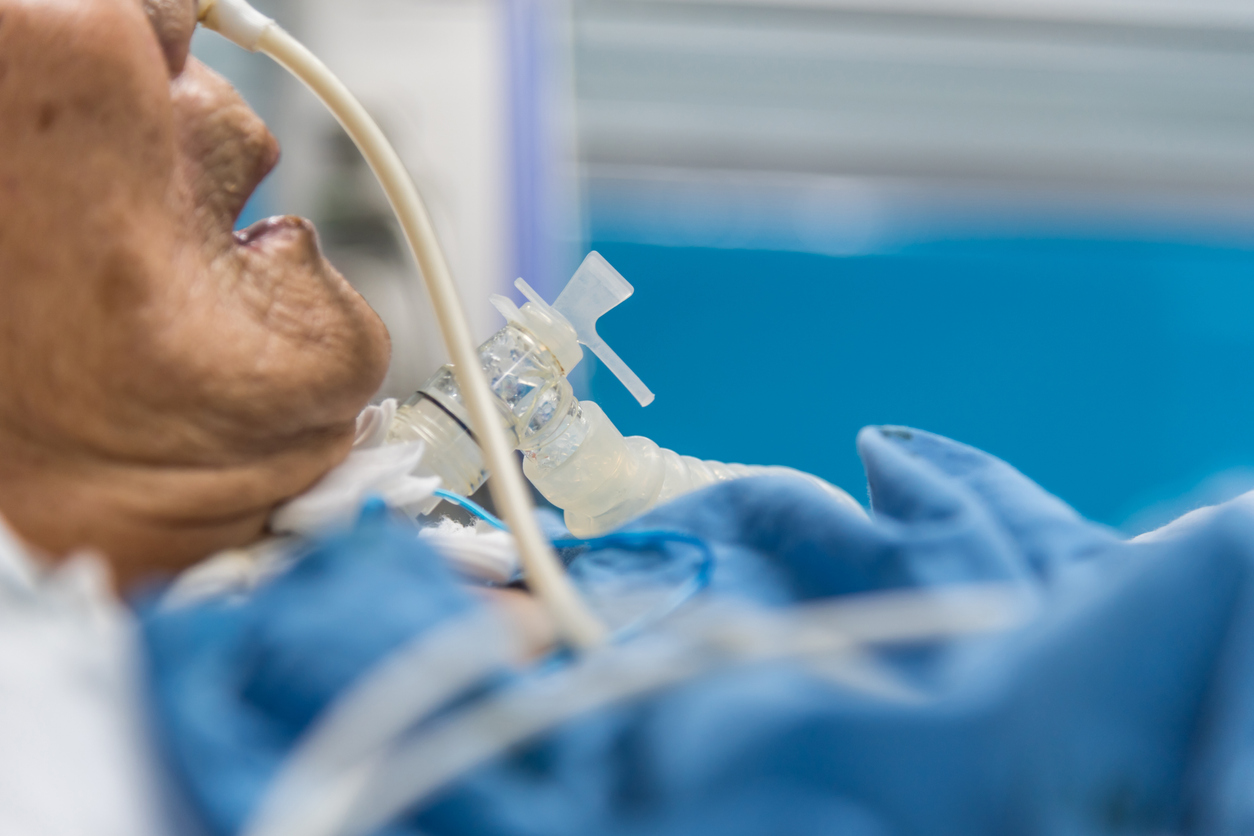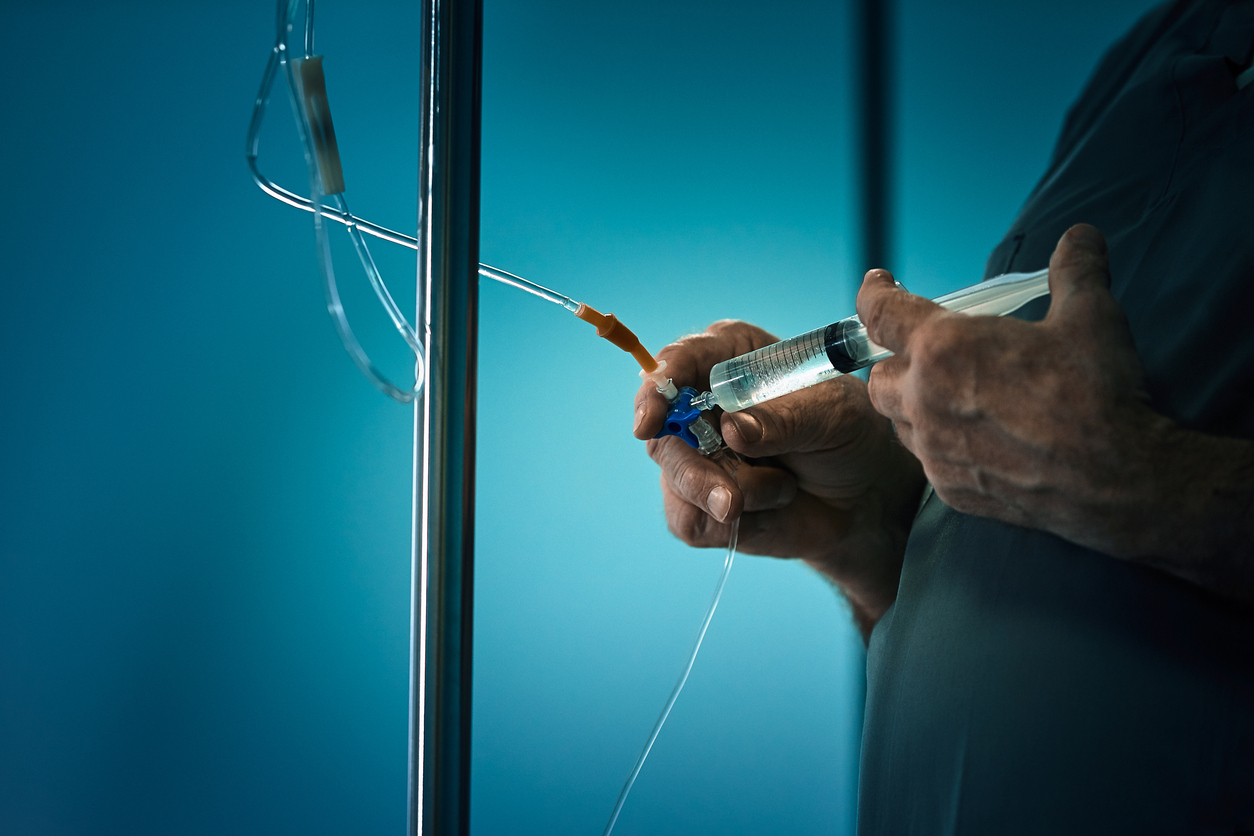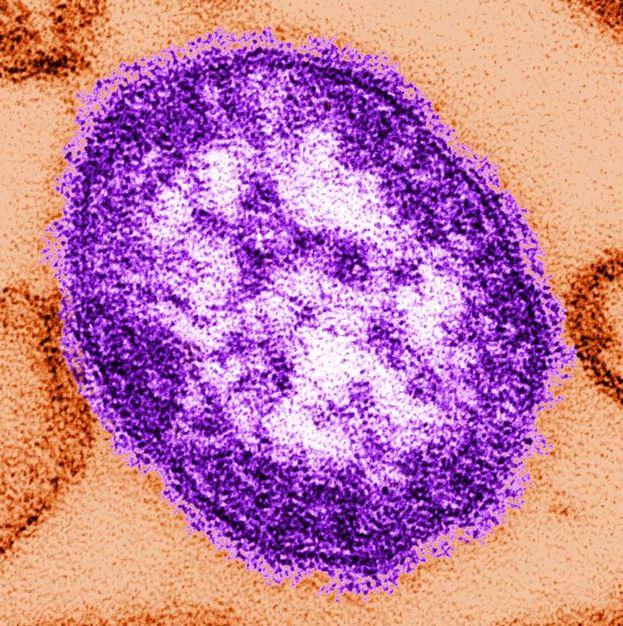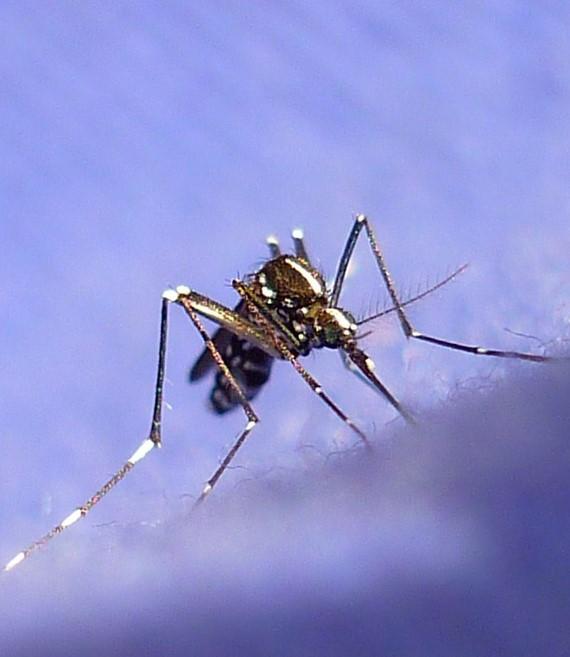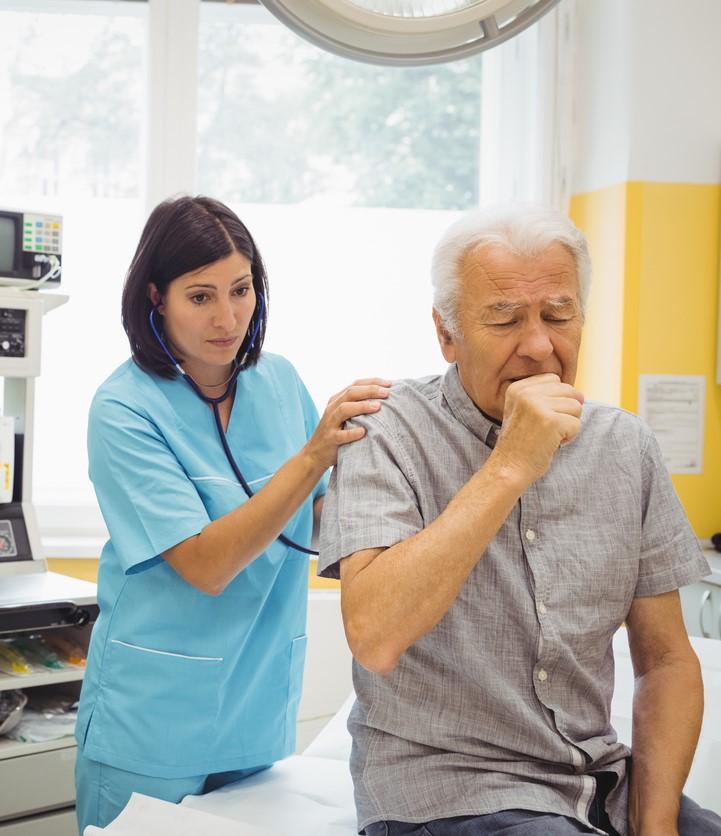
Pertussis (whooping cough) costs among older adults in the United Kingdom are high, at about £238 million ($290 million) per year, with the greatest expense among those aged 55 to 59, estimates a study published late last week in Vaccine.
Researchers from the Erasmus School of Health Policy & Management in the Netherlands and tetanus, diphtheria, and pertussis (Tdap) vaccine maker GSK in Belgium estimated annual individual and combined medical, patient, and indirect costs of pertussis among older UK adults from 2009 to 2018.
Pertussis is a highly contagious respiratory tract infection caused by Bordetella pertussis bacteria and spread through the air. It can affect people of all ages, causing coughing and vomiting, but it can be particularly severe in those aged 50 and older.
Indirect costs made up 67% of total expense
In 2020, the total cost of pertussis in the United Kingdom was roughly £238 million ($290 million). Indirect costs such as those from lost productivity and informal care made up 67% (£159 million [$194 million]) of the total cost, followed by medical costs for diagnostic and medical care (28%; £66 million [$80 million]), and patient costs such as transportation and medications (5%; £13 million [$16 million]).
Costs were highest for patients aged 55 to 59 years, followed by those 60 to 64 years and those 50 to 54.
Visits to general practitioners or nurses accounted for the highest proportion (over 50%) of medical costs, while diagnostic tests (about £13,000 [$16,000]) had the least impact. Transportation accounted for most patient costs (£10 million [$12 million]). Lost leisure time (45%; £72 million [$88 million]) was the largest contributor to indirect costs, followed by lost productivity (£71 million [$86 million]).
Visits to general practitioners or nurses accounted for the highest proportion of medical costs, while diagnostic tests had the least impact.
The researchers said implementation of a Tdap vaccine booster program for people aged 50 and older could lower the risk of pertussis. "Policy makers could enhance the pertussis notification system to better inform healthcare professionals," they wrote. "Furthermore, if pertussis cases were detected faster and more often, additional secondary infections could be prevented by early treatment initiation."
